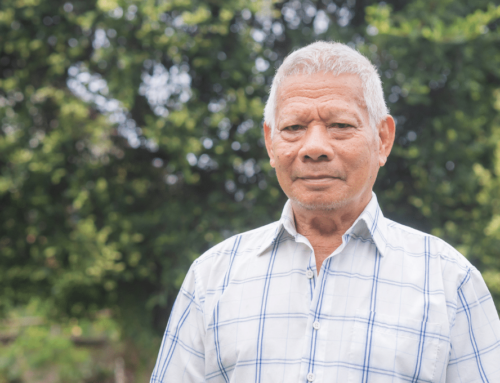October is National Depression Awareness Month, a time to discuss, educate and share resources surrounding depression. As a widespread mental health condition, depression affects approximately 280 million people worldwide. While the typical signs of depression often show through sadness, other symptoms may be less obvious. Here are five possible hidden signs of depression to look for:
1. Hopelessness and loss of interest.
When facing depression, one may present a pessimistic outlook on life. This negative view of the future, especially alongside other factors, can be your loved one’s way of showing their battle with depression. Additionally, an individual experiencing depression may lose interest in participating in hobbies and activities.
2. Difficulties in sleep.
With sleep directly linked to an individual’s mood, keep an eye out for early awakening or excessive sleepiness. It is not uncommon for those battling depression to experience insomnia, restless sleep or general challenges in a sleeping schedule.
3. Changes in appetite and weight.
Symptoms of depression are often accompanied by extreme appetite changes. Food can present itself as a sign of comfort or as a struggle for many individuals. Often, they can show signs through excessive hunger or loss of appetite.
4. Emotional instability.
Many individuals facing depression encounter changes in their emotional state such as extreme fluctuations between feeling sad and feeling great. Common signs include irritability, anxiety or mood swings.
5. Physical health concerns.
Mental health also directly impacts physical health and well-being. Depression can show in an individual through physical pains such as headaches, digestive conditions or new health concerns.
Depression can arise from numerous factors such as trauma, stress, hormones or even genetics. If someone you know is experiencing depression, try spending extra time with them if needed or offering nonjudgmental support. Healthcare professionals at Oaks Integrated Care are available to provide treatment such as counseling, therapy or medication management.
To access mental health services or learn more, call our Access Center at 1-800-963-3377 or complete a contact form.









